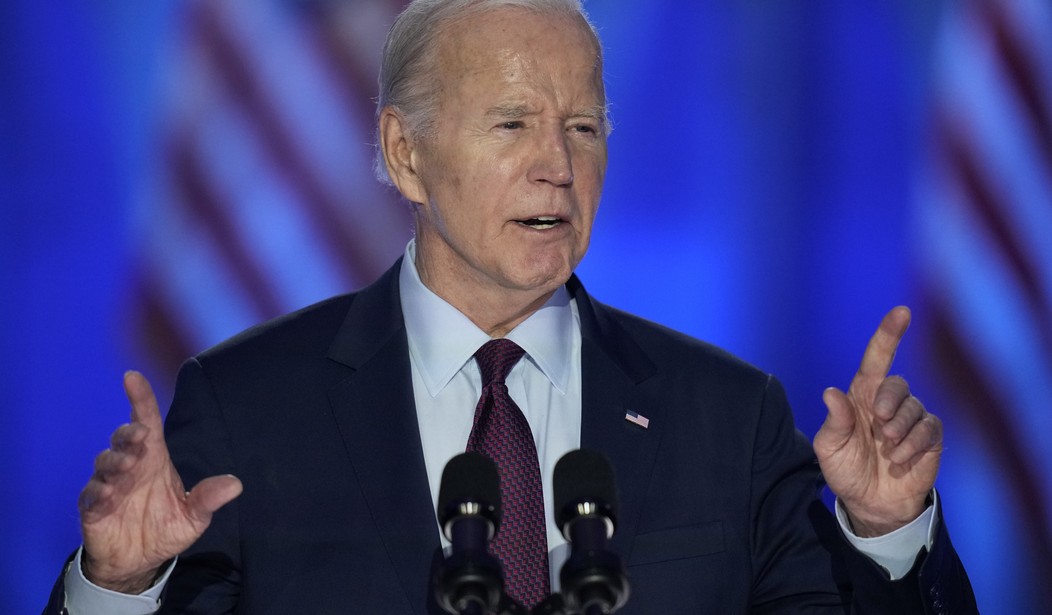Washington has become a fantasy land in connection with federal financial and fiscal matters. Federal officials are chronically late in performing their budget and appropriations responsibilities. Government reports understate the federal government’s financial hole and use rose colored glasses to illustrate the future fiscal outlook. Statutory fiscal constraints employ simplistic across-the-board approaches rather than thoughtful and targeted approaches. Despite our serious and deteriorating financial condition, Congress and the President want to pass huge supplemental spending bills that are not paid for.
The federal government is operating under two Continuing Resolutions that are set to expire in early March. Shockingly, Congress has only passed all annual appropriations bills by the beginning of the fiscal year four times since 1950, and the last time was 1996! In addition, the President is late again on submitting his annual budget proposal.
Federal officials and reports continue to understate several key financial statistics. For example, most federal reports focus on debt held by the public rather than debt subject to the debt ceiling (total debt) and net interest rather than gross interest. There are huge differences in the related numbers. For example, total debt/GDP is a little over 120%, which is a record and rising, versus almost 100% based on debt held by the public which is not a record. In addition, gross interest payments have already passed the size of the Defense budget while federal reports continue to focus on net interest numbers. More importantly, while federal officials focus on the $34 trillion in debt, they do not want to talk about the over $125 trillion in total liabilities and unfunded social insurance promises that continue to grow faster than the economy.
The recently released CBO long-range fiscal outlook shows an improvement in the debt/GDP numbers in 2054 versus last year’s report. However, it is based on “current law” which, among other things, assumes that all the Trump era tax cuts will expire at the end of 2025 and the un-targeted spending constraints in the Fiscal Responsibility Act of 2023 will be implemented and sustained even though history shows these are not realistic assumptions. In fairness, CBO typically presents an alternative scenario which is more realistic.
Recommended
Even though we are in a deep financial hole that is getting deeper at or near record rates, the Congress and the president want to pass tens of billions in additional foreign aid without paying for it. If these items are truly a top priority, they should be paid for by cutting lower priority spending and/or adopting additional revenues. After all, federal spending has increased about 40% since 2019 and there is plenty of room to cut without compromising critical federal programs and services.
It is clear that federal officials have become addicted to spending, deficits, and debt. It is also clear that both major parties are responsible for our current situation.
It is time to get serious. We need a statutory Fiscal Sustainability Commission to educate and engage the public and make a range of spending and revenue recommendations that will be guaranteed an up-or-down vote in Congress. Everything should be on the table for the Commission to consider but not all things are equal. A related commission was recently reported out of the House Budget Committee with bipartisan support. It should be passed into law as soon as possible and no later than the final appropriations action for Fiscal 2024.
It is also time to recognize reality. The debt ceiling has failed to constrain the growth of the federal government and mounting debt burdens. In addition, past statutory spending constraint approaches have not stood the test of time. Only a Constitutional Fiscal Responsibility Amendment can bind current and future Congresses and restore fiscal sanity and sustainability. The House Judiciary Committee needs to hold a hearing on House Budget Committee Chairman Jodey Arrington’s (R-TX) H.C.R. 24 which directly relates to this matter. This needs to happen soon if Congress wants to avoid related litigation by the states for its failure to discharge its express, enumerated, and ministerial responsibilities under Article V regarding state applications for a Convention of States to propose a Fiscal Responsibility Amendment.
The time for truth, transparency, and action is now. The future for both America and Americans is at stake.
Hon. David M. Walker is the Former Comptroller General of the United States and Board Member of the Federal Fiscal Sustainability Foundation
























Join the conversation as a VIP Member